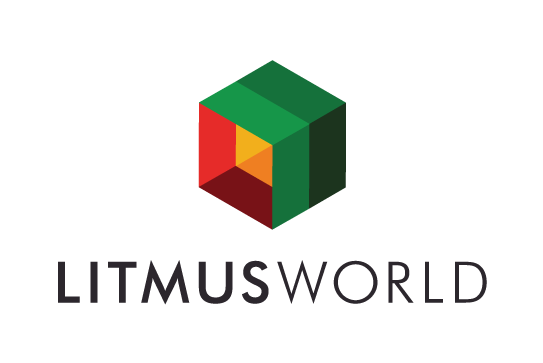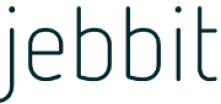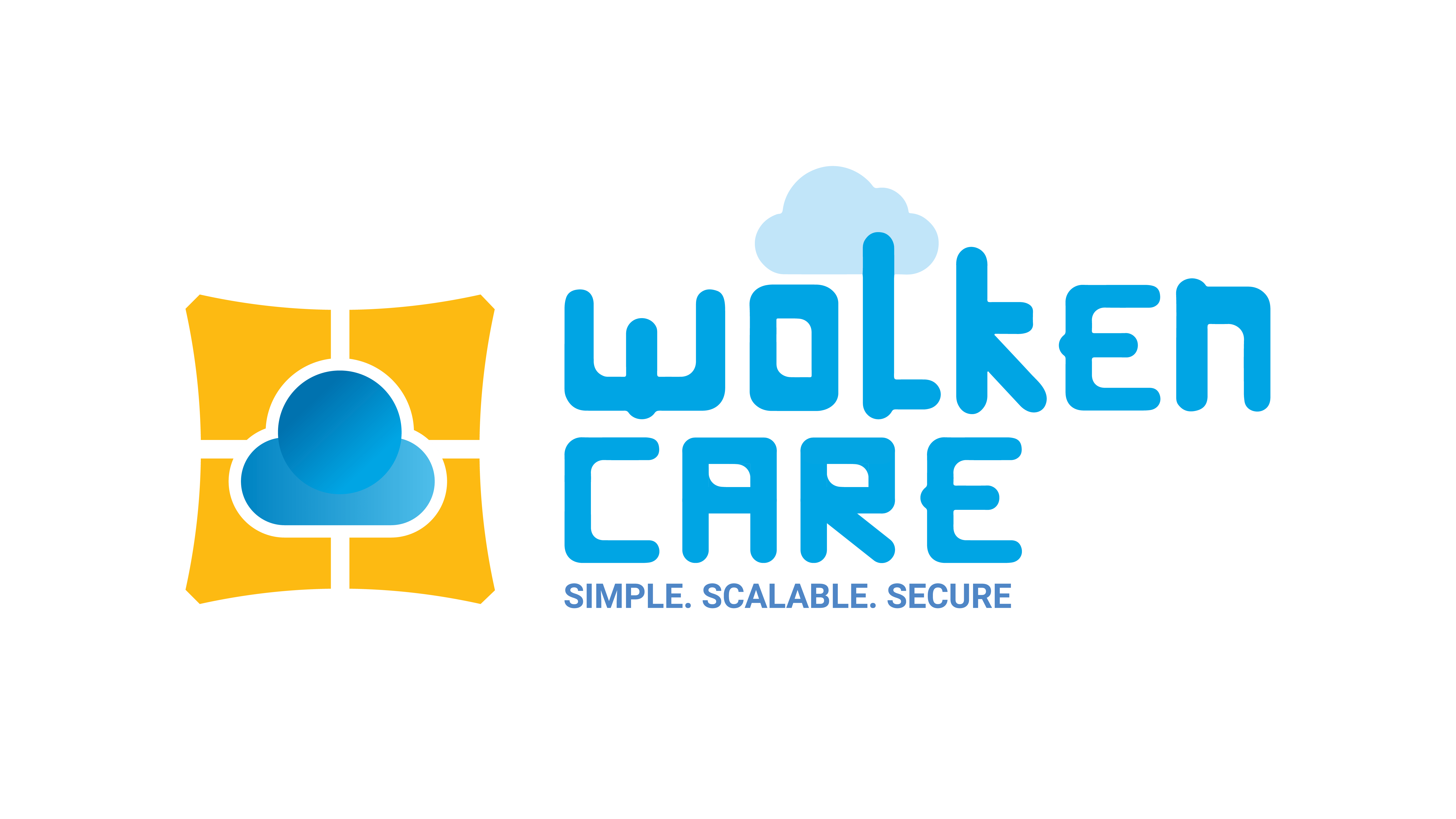Description

LitmusWorld for CX

Jebbit
Comprehensive Overview: LitmusWorld for CX vs Jebbit
As of my last training data in October 2023, LitmusWorld and Jebbit are both prominent names in the sphere of customer experience (CX) management and data collection strategies. Below is an overview of each, covering their primary functions, target markets, comparisons of market share and user base, and their key differentiators.
a) Primary Functions and Target Markets
LitmusWorld:
-
Primary Functions: LitmusWorld is a platform designed for customer engagement and experience management. It focuses on collecting real-time feedback through digital interactions, which is then used to enhance customer satisfaction and loyalty. The platform offers solutions across various stages of the customer journey, allowing businesses to gauge customer sentiments and act accordingly to improve their operational and service strategies.
-
Target Markets: LitmusWorld primarily targets enterprises across various sectors, including retail, banking, automotive, and hospitality. The platform is suitable for businesses looking to transform customer engagement into actionable insights that drive business growth.
Jebbit:
-
Primary Functions: Jebbit specializes in creating interactive content and quiz-like experiences that capture zero-party data—data that customers willingly and proactively share with businesses. These experiences are designed to engage users in a way that traditional data collection methods might not, fostering a more personalized interaction that can enhance marketing strategies.
-
Target Markets: Jebbit caters to a wide array of industries including e-commerce, retail, travel, and consumer packaged goods (CPG). It's particularly appealing to brands looking to enhance user engagement through personalized marketing efforts and those seeking to gain deeper insights into consumer preferences without relying heavily on third-party data.
b) Market Share and User Base
LitmusWorld:
LitmusWorld has a strong presence in regions like India and other parts of Asia, where customer experience management is becoming increasingly crucial. It is adopted by major corporations within its targeted industries, contributing to a growing user base. The platform's market share generally reflects its strategic focus on sectors with high customer interaction.
Jebbit:
Jebbit, operating on a more global scale, especially thrives in markets where digital marketing and consumer interaction are pivotal. Its user base is diverse, consisting of major brands looking to replace or supplement traditional data collection methods. In terms of market share, Jebbit is recognized more for its innovative approach to engaging users compared to traditional survey tools.
c) Key Differentiating Factors
-
Approach to Data Collection:
- LitmusWorld focuses on gathering real-time feedback that is directly tied to customer experience and operational improvements. It aims to drive changes based on real-time customer responses.
- Jebbit, on the other hand, focuses on zero-party data collection through interactive content, stressing voluntary and engaged data exchanges that form the basis of personalized marketing efforts.
-
Engagement Models:
- LitmusWorld utilizes a more traditional CX approach, often integrating into existing customer service frameworks and leveraging systematic feedback loops.
- Jebbit differentiates itself through its interactive, engaging experiences which can serve as standalone marketing tools, providing data that goes beyond traditional customer feedback.
-
Regional and Sectoral Focus:
- LitmusWorld has a stronger footprint in Asian markets and sectors like banking and automotive, where structured feedback is crucial.
- Jebbit’s influence is stronger in industries where digital marketing is more evolved and experimental, such as e-commerce and CPG, and has a more considerable presence in North American and European markets.
In summary, both LitmusWorld and Jebbit offer distinct advantages based on their approaches and industry applications. Businesses choose between them based on the nature of customer interaction they aim to pursue and the kind of data-driven strategies they wish to implement.
Contact Info

Year founded :
Not Available
Not Available
Not Available
Not Available
Not Available

Year founded :
2011
+1 508-380-0047
Not Available
United States
http://www.linkedin.com/company/jebbit
Feature Similarity Breakdown: LitmusWorld for CX, Jebbit
When comparing LitmusWorld and Jebbit in the context of customer experience (CX) solutions, several factors come into play, including core features, user interface design, and unique functionalities. Here's a breakdown:
a) Core Features in Common
1. Survey and Feedback Collection:
- Both platforms offer tools to create and distribute surveys. They focus on gathering customer insights to improve experiences and marketing strategies.
2. Data Analytics and Reporting:
- Both services provide robust analytics to interpret the collected data. They visualize data in dashboards for better decision-making.
3. Integration Capabilities:
- Both platforms are able to integrate with other tools and platforms like CRM systems, allowing for seamless data flow and comprehensive data utilization.
4. Customization and Personalization:
- Both offer options to customize the survey experiences and personalize interactions based on customer data to enhance engagement.
5. Automation and Workflow Management:
- Automating certain processes and establishing workflows to manage customer feedback is a shared capability.
b) User Interface Comparison
LitmusWorld:
- Typically focuses on simplicity and ease of use. It is often noted for having a straightforward and intuitive interface that appeals to users who prioritize a streamlined experience.
Jebbit:
- Jebbit is generally known for its user-friendly design, with an emphasis on interactive content creation. The interface supports drag-and-drop features and ensures that users can build engaging experiences without technical expertise.
c) Unique Features
LitmusWorld:
-
Employee Experience Features: Apart from customer experience, LitmusWorld also offers solutions focused on enhancing employee engagement and satisfaction, which is an additional benefit for businesses looking to improve both customer and employee experiences.
-
Real-Time Feedback: Provides significant emphasis on gathering real-time feedback from customers, offering businesses the ability to respond and adapt quickly.
Jebbit:
-
Interactive Experience Builder: Jebbit is particularly known for its no-code interactive experience builder, which allows businesses to create engaging, interactive content that captures more detailed customer data.
-
Data Collection Through Experiences: Unlike traditional surveys, Jebbit focuses on using quizzes, polls, and interactive experiences as data collection tools, which is a distinctive approach compared to more conventional methods.
Overall, while both LitmusWorld and Jebbit provide exceptional features for enhancing customer experience, the choice between them might depend on specific needs such as the desire for interactive content creation with Jebbit or a broader focus including employee engagement with LitmusWorld.
Features

Not Available

Not Available
Best Fit Use Cases: LitmusWorld for CX, Jebbit
LitmusWorld and Jebbit are both platforms designed to enhance customer experiences and engagement, but they cater to different needs and scenarios. Here's an analysis of their best fit use cases:
LitmusWorld for CX
a) Best Fit for Businesses or Projects:
-
Customer Feedback Management: LitmusWorld is ideal for businesses that need to gather real-time customer insights to improve their services or products. It's particularly effective for organizations that are heavily customer-facing, such as retail, hospitality, and healthcare.
-
Customer Experience Enhancement: Companies looking to continuously enhance their customer experience and build long-term customer relationships can benefit from LitmusWorld's tools.
-
Large Enterprises with Diverse Operations: Large corporations with multiple branches or franchises, like fast-food chains or multinational retail corporations, can use LitmusWorld to gather location-specific feedback.
-
Operational Efficiency Monitoring: Sectors such as logistics, supply chain, or facility management can use LitmusWorld to gather employee insights and improve operational performance.
Jebbit
b) Preferred Scenarios:
-
Interactive Content Creation: Jebbit excels in creating interactive experiences like quizzes, surveys, and product matches. It’s perfect for marketing teams looking to engage users in a more dynamic way and capture first-party data.
-
Lead Generation and Data Enrichment: Brands that aim to gather more nuanced customer data without invasive practices can leverage Jebbit’s tools to enrich existing profiles with preferences and behavioral inputs.
-
E-commerce and Digital Marketing: Companies focusing on enhancing their digital marketing efforts, particularly in sectors like fashion, cosmetics, or consumer electronics, can use Jebbit to guide customers through personalized shopping journeys.
-
Personalization and User Engagement: Businesses that want to drive personalized marketing campaigns and improve user engagement through tailored content would find Jebbit suitable.
Industry Verticals and Company Sizes:
-
LitmusWorld is often suited for larger companies across various industries such as retail, healthcare, and banking that require a robust feedback loop directly integrated into their operations. Its platform can accommodate diverse feedback sources and large data volumes, making it suitable for enterprises of significant scale.
-
Jebbit, on the other hand, caters well to both small businesses and larger enterprises focusing on digital engagement. It’s particularly popular among companies operating in B2C sectors looking to enrich customer datasets and improve online engagement without heavily investing in complex data architectures.
Overall, LitmusWorld focuses more on operational feedback and customer satisfaction, while Jebbit thrives in creating engaging, personalized digital interactions and gathering enriched consumer data. Both cater to different aspects of customer experience management and can be chosen based on the specific needs and business goals within various industry verticals.
Pricing

Pricing Not Available

Pricing Not Available
Metrics History
Metrics History
Comparing teamSize across companies
Conclusion & Final Verdict: LitmusWorld for CX vs Jebbit
To provide a nuanced conclusion and final verdict for LitmusWorld for CX and Jebbit, it's important to evaluate various factors such as features, ease of use, integration capabilities, pricing, support, and user feedback. This analysis can guide potential users in selecting the platform that best fits their needs.
a) Considering all factors, which product offers the best overall value?
LitmusWorld for CX is generally recognized for its robust customer experience management features. It provides comprehensive solutions for capturing and analyzing customer feedback, allowing businesses to enhance their CX strategies effectively. LitmusWorld’s focus on real-time feedback and actionable insights makes it an excellent choice for businesses prioritizing customer-centric improvements.
Jebbit, on the other hand, excels in interactive content creation and consumer data collection through engaging web experiences. It is highly regarded for its ease of use and ability to enhance consumer engagement through personalized quizzes and experiences.
Best Overall Value: The best overall value depends on specific business goals. If the primary focus is improving customer experience through detailed feedback and analytics, LitmusWorld for CX offers more value. However, if the goal is to engage users through interactive content and gather zero-party data, Jebbit provides a superior value proposition.
b) What are the pros and cons of choosing each of these products?
LitmusWorld for CX
Pros:
- Comprehensive CX management tools focused on capturing real-time customer feedback.
- Provides actionable insights that businesses can use to improve customer interactions.
- Strong analytics capabilities for tracking customer sentiment and satisfaction.
Cons:
- May require more time to set up and adjust to suit specific business needs.
- Could be costlier for small businesses or startups due to advanced features.
Jebbit
Pros:
- User-friendly interface that facilitates the creation of interactive content without needing technical expertise.
- Enhances consumer engagement through personalized and interactive experiences.
- Effective in collecting zero-party data, which is increasingly important for privacy-conscious marketing.
Cons:
- Less focused on traditional customer feedback and analytics compared to CX-centric platforms like LitmusWorld.
- May not provide as deep insights into customer satisfaction and experience as dedicated CX solutions.
c) Specific recommendations for users deciding between LitmusWorld for CX vs Jebbit
-
Define Your Primary Goal: If your aim is to gather and analyze customer feedback to improve CX, then LitmusWorld for CX is the clear choice. However, if your objective is to drive engagement through interactive experiences and collect self-reported consumer data, Jebbit would be more suitable.
-
Consider Integration Needs: Review the existing systems in your business (like CRM, marketing automation, etc.) and determine which platform offers better integration options. This can save time and resources in the long run.
-
Budget and Resource Allocation: Evaluate your budget and the resources available for implementation and training. LitmusWorld may require more investment initially, as it offers more extensive analytics features. Conversely, Jebbit is known for its ease of use and might involve fewer resources to get started.
-
Trial and Demos: Take advantage of trials or demos offered by both platforms. Hands-on experience will give you a better understanding of which tool aligns with your team’s expertise and business needs.
Ultimately, the decision lies in aligning the strengths of each platform with the unique objectives and circumstances of your business. By clearly understanding your needs and the capabilities of each tool, you can make a more informed choice.
Add to compare
Add similar companies



